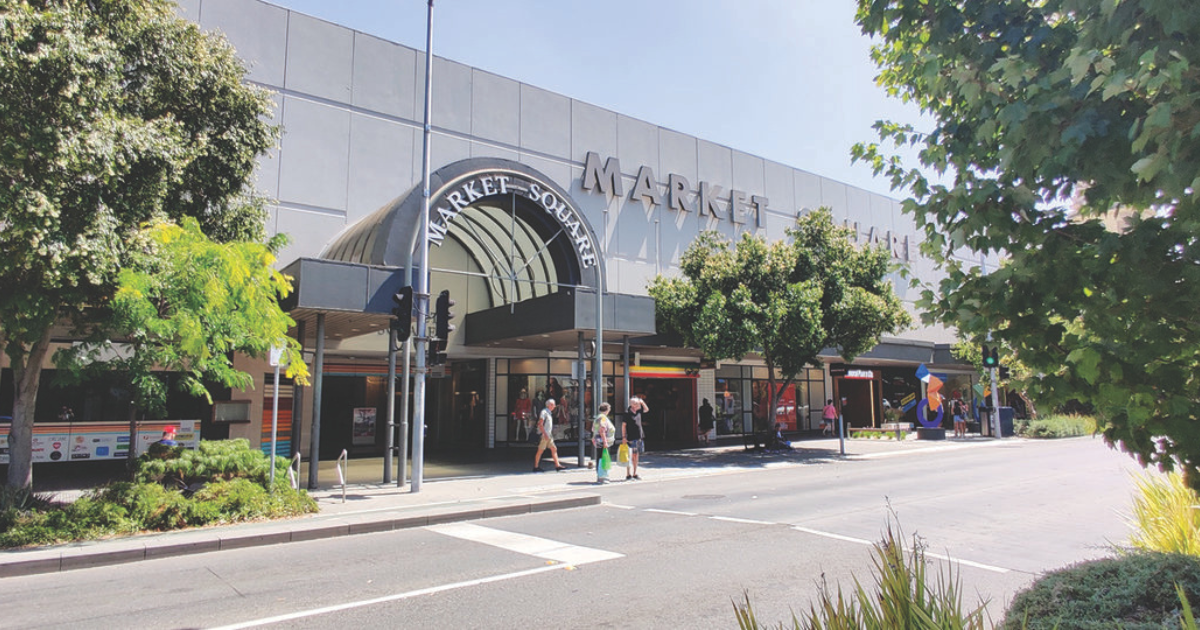New report reveals Australian supermarkets’ progress on nutrition policies
AUSTRALIAN supermarkets are falling short in their nutrition policies, according to a new report from Geelong researchers.
Deakin University’s Global Centre for Preventive Health and Nutrition (GLOBE) evaluated Woolworths, Coles, IGA, and Aldi, scoring each out of 100.
Woolworths topped the rankings with a score of 64, while IGA placed last with 31. The average score was 46.
Lead author Gary Sacks said the “Inside Our Supermarkets” report aims to recognise good practices, highlight areas for improvement, and advocate for sector-wide progress.
“This report indicates that much more substantial action is needed across the supermarket sector to ensure that the places Australians buy their food support good health,” he said.
The study, a follow-up to a similar assessment conducted in 2018, collected data from publicly available sources such as websites and company sustainability reports.
It focused on six key areas: corporate strategy, healthiness of own-brand products, food labelling, responsible marketing of unhealthy products and brands (especially to children), food affordability and accessibility, and disclosure of external relationships.

Woolworths, Coles, and Aldi participated in verifying the data, while IGA did not.
The report notes that IGA’s independent ownership model may have led to gaps in data capture.
The report identified several areas of strength within the sector.
All four supermarkets have committed to implementing the Health Star Rating labelling system on all eligible own-brand products.
Woolworths, Coles, and IGA have pledged that their own-brand products will meet the Australian government’s Healthy Food Partnership nutrient targets on sodium, sugar, and saturated fat.
Woolworths and Coles disclose their proportion of sales from healthy products.
Woolworths reports on both healthy and unhealthy product sales and their progress toward increasing healthier product sales, while Coles reports sales from own-brand products only.
Woolworths has removed children’s confectionery from checkouts in all stores, although other unhealthy products remain, often heavily discounted.
Despite these efforts, Professor Sacks highlighted that healthy food affordability remains the worst-performing area.
“Supermarkets had very few policies to improve the affordability of healthier foods and have taken limited steps to restrict price promotions/discounts on unhealthy foods,” he said.
“Aldi was the only supermarket to report running limited price promotions, such as multi-buy specials, for unhealthy products.”

When compared with the 2018 assessment, Aldi showed the most improvement, moving from third to second place. Woolworths retained its top ranking.
Professor Sacks called for urgent government intervention to set higher standards for supermarket operations.
“The Australian Government needs to take urgent action to set higher standards for how supermarkets operate to ensure that they better support Australians to eat healthily.”
The key recommendations from the “Inside Our Supermarkets” report include setting company-wide targets to increase the proportion of sales from healthy products and publicly reporting progress each year.
The report also recommends cutting prices of healthy foods and limiting price promotions on unhealthy products.
It advises ensuring no unhealthy products such as chocolates and sugary drinks are displayed near registers in all stores nationally.


















